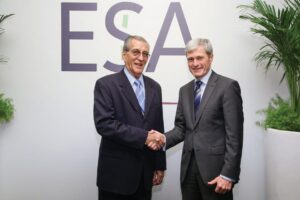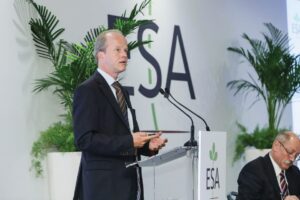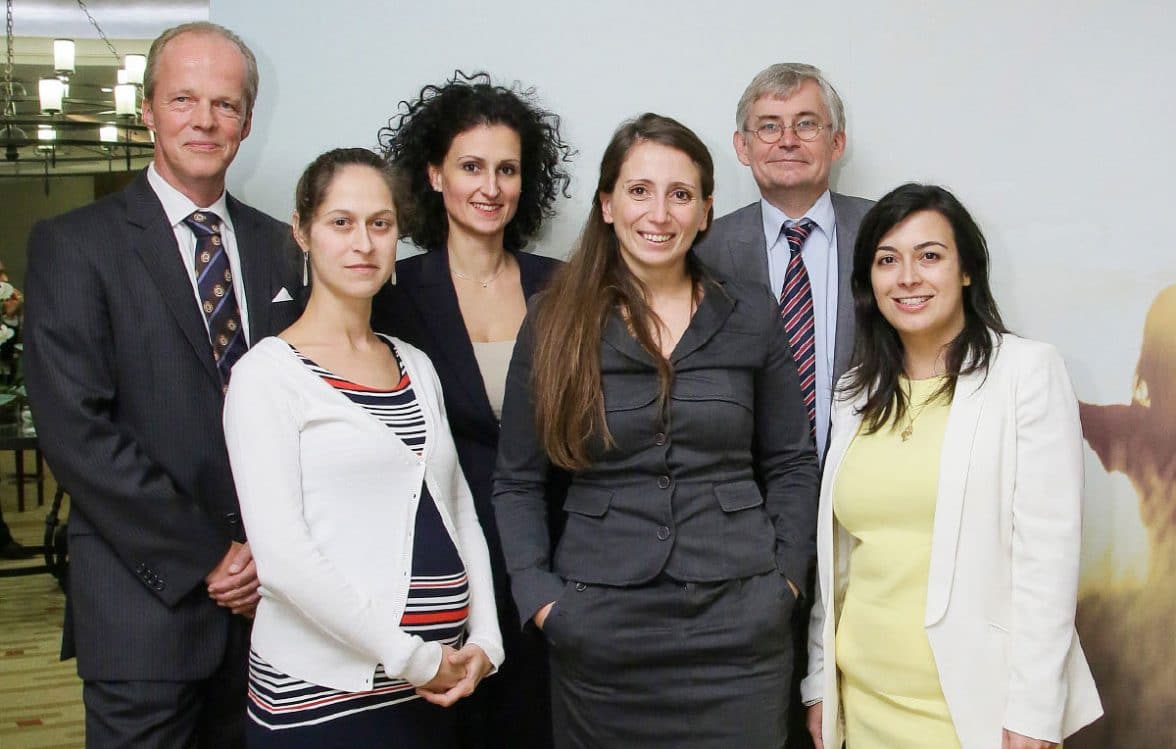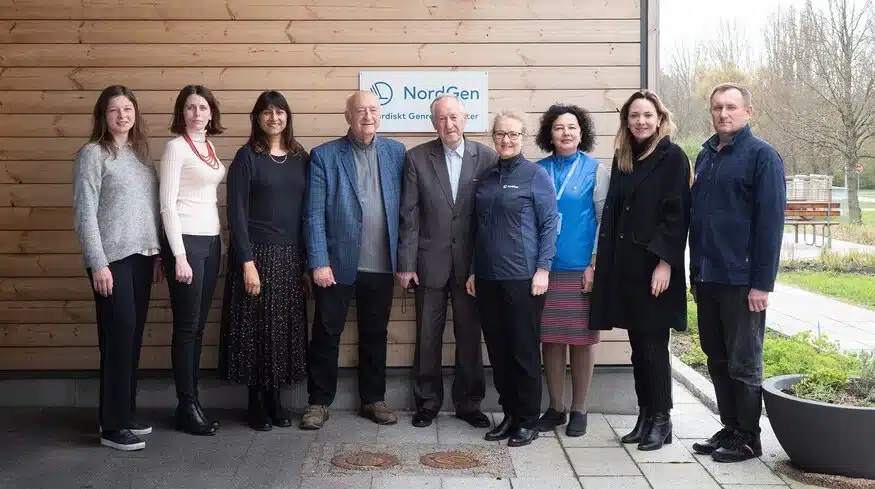ESA shares its highlights from the record-breaking 2014 annual meeting.
More than 900 seed sector representatives from Europe and around the world met in Lisbon, Portugal 12 October to 14 October 2014, for the European Seed Association’s annual meeting. This record attendance, along with the enthusiasm of all participants and guests, made the event one of the most successful ESA annual meetings ever. In addition to a buzzing and increasingly international trade show floor and exhibition and numerous technical meetings dedicated to specific crop groups, there were a number of important political discussions that addressed either general or specifically European policy issues.
The 2014 ESA Congress focussed specifically on the need for a stronger outreach of the sector to media and interested public

as a basis and precondition for later advocacy on specific regulatory or policy issues. To do so, ESA presented its new “Speak up for Seeds!” vision document to its membership, which will become a cornerstone of the association’s communication campaign in the future. Since then, it has already been successfully launched with the European Commission and European Parliament in a debate attended by the new EU commissioner for agriculture, Phil Hogan, who confirmed the need for continued outreach and advocacy for the industry.
There were many discussions on how to achieve a better recognition of the seed sector’s contribution to sustainable agriculture, but also how to address the grand overall societal challenges of food security, food safety, environmentally friendly and sustainable farming as well as healthy diets and climate change. On the one hand, many participants confirmed the need for the strong, single voice of ESA in defending the interests of Europe’s seed sector as far as decision makers are concerned. Conversely, there was also a lot of recognition that new tools and more tailored messaging are probably needed to change the public perception of plant breeding and the way the sector is perceived by decision makers and the media.
The most timely subject at the Lisbon meeting was probably the association’s official announcement of a voluntary financial contribution from the European seed sector to the FAO’s International Treaty for Plant Genetic Resources for Food and Agriculture. This public announcement was made in the presence of the vice-chair of the FAO IT Working Group. The announcement was also quickly picked up by relevant media as well as a number of decision makers with press inquiries, briefings and interviews that demonstrate just how politically important the overall subject of genetic resources has become, specifically in Europe, and how much society is interested in the role industry is willing to play in their preservation and sustainable use.
In this context, the secretary general of ESA, Garlich von Essen, reminded participants of the campaign of many NGOs which discredited a new seed law proposal by the European Commission and which resulted in an almost unprecedented plenary vote calling upon the Commission to withdraw and re-draft its approach. He underlined that a decisive element of this debate had been the accusation that the EU seed law was destroying biodiversity and that this was in fact the aim of an industry interested solely in short-term profits and not in the long-term, sustainable use of genetic diversity for agri-food production.
The decision to challenge the EU’s implementation of the Nagoya Protocol on access and benefit sharing probably added further fuel to this accusation, and the ESA decision to visibly and substantially support the FAO’s International Treaty on Plant Genetic Resources for Food and Agriculture is also meant to demonstrate that these accusations are false and misleading and that the sustainable use of plant genetic resources by public or private plant breeding is key to the future of the sector.

In various contributions, ESA representatives specifically tried to explain that they are neither opposed to the political objectives of the Convention on Biological Diversity or the FAO treaty, nor are Europe’s breeders trying to ignore their specific individual responsibilities. On the contrary — there was strong emphasis placed on the general support for fair access and benefit sharing.
At the same time, the industry showed with practical examples how overly-bureaucratic rules and sector-unspecific provisions would hinder companies in their freedom to operate and with that — in the end — also have a negative effect on the overall objective of access and benefit sharing. ESA’s support for the FAO treaty and its legal challenge to the EU Nagoya Regulation were therefore presented as two sides of the same coin: support and willingness to take responsibility in preserving genetic resources and sharing resulting benefits, but rejection of approaches that threaten companies’ freedom to operate.
The coming year will bring important decisions in this area, from the possible European Court decision on the Nagoya Regulation to the review of the International Treaty’s access and benefit sharing provisions.
There will not be a shortage of subjects for in-depth discussion at the next ESA Congress, which will take place in Vienna, Austria, in October 2015.
To learn more about the 2015 ESA Annual Meeting visit esa.conceptum.eu. Registration opened April 1, 2015.













